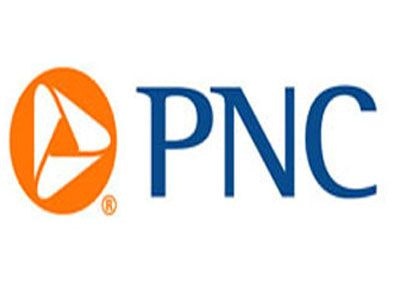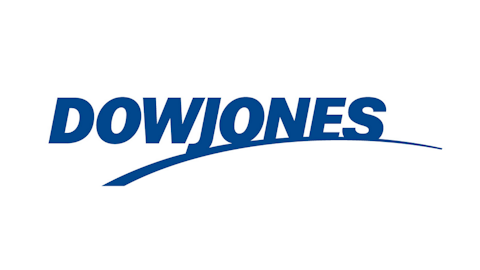At the 2013 Barron’s Roundtable, Brian Rogers, chairman and chief investment officer of T. Rowe Price, recommended two of his favorite stocks. One was PNC Financial Services (NYSE:PNC), a financial services company. The other was Avon Products, Inc. (NYSE:AVP), the direct selling company with beauty and fashion-related products. In this article, I will focus on PNC to see whether or not investors should buy this company at its current price.

PNC, incorporated in 1983, is considered one of the biggest diversified financial services in the US, with four main business segments: retail banking, corporate banking, asset management services, and residential mortgage. In the full year 2012, PNC had $9.64 billion in net interest income, whereas the noninterest income was nearly $5.88 billion. The net income came in at $3 billion, or $5.30 per share.
In the past three years, PNC has experienced a growing number of customers in all four segments. In the retail banking segment, the new consumer and small business accounts, exclusive of accounts acquired via acquisitions, totaled 254,000. In 2012, the number of new clients in the corporate banking segment and asset management were more than 1,000 and 2,117, respectively. In the residential mortgage segment, total loan originations have reached $15.2 billion, a 33% increase compared to 2011.
The core operating performance could be measured by the growth in net interest income and net interest margin. In 2012, PNC’s core net interest income increased 12% due to the organic loan growth, lower funding costs, and Southeast expansion. In the past 5 years, PNC’s net interest margin has fluctuated in the range of 3% – 4.14%. In 2012, its net interest margin stayed at 3.94%.
Compared to its much bigger peers including Bank of America Corp (NYSE:BAC) and JPMorgan Chase & Co. (NYSE:JPM), PNC had the highest net interest margin among the three. In 2012, the net interest margins of Bank of America and JP Morgan were 2.35% and 2.40%, respectively.
PNC is Worth $70 – $75 per Share
Brian Rogers commented that PNC had been up only around 4% last year while other financial stocks were rising significantly. It might be due to its recent purchase of Royal Bank of Canada (USA) (NYSE:RY)’s operations in the Southeastern US. Rogers said that he liked to look back to 2008 and 2009 to see how banks had performed through that crisis period. PNC was still quite profitable in those two years. In 2008, PNC’s EPS was $2.10, and it jumped to $4.46 in 2009.
In addition, PNC owned around 21% of Blackrock. According to Rogers, excluding Blackrock, PNC was trading at around 8 times expected earnings while the majority of the banks were trading at 10 times – 12 times earnings. If PNC reached 11 times earnings, Rogers thought the share price would reach $70 – $75 per share.
With a current trading price of $12.20, Bank of America is worth more than $131 billion on the market. The market is valuing Bank of America at 9.4 times forward earnings. JP Morgan is quite cheap with only 8.2 times forward earnings. JP Morgan is trading at $49.45 per share, with a total market cap of $188 billion. Among the three, Bank of America is the cheapest with only 0.6 times price/book valuation. The P/B of PNC and JP Morgan are 0.9 times and 1 times, respectively. As the core business of Bank of America generated 1% ROA and 10% ROE, a 60% discount to book value would represent a 16% annual return on investment.
Foolish Bottom Line
PNC, Bank of America and JP Morgan are generating good returns on assets, decent net interest margins, and trading for equal or less than book value. Personally, I think all three giants could be considered long-term investment opportunities for value investors.
The article This Bank Might Have 20% Upside originally appeared on Fool.com and is written by Anh HOANG.
Copyright © 1995 – 2013 The Motley Fool, LLC. All rights reserved. The Motley Fool has a disclosure policy.




